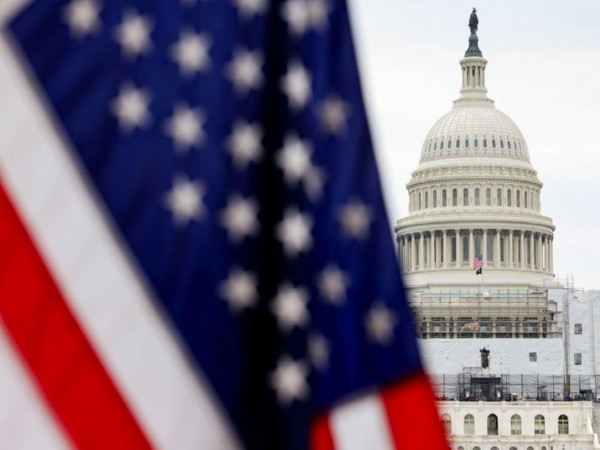Many changes in American politics
May 30, 2025
Washington [US], May 30: The world's richest billionaire Elon Musk officially left the administration of US President Donald Trump after 4 months of working in a special role that also consumed a lot of ink from the media.
Mr. Musk leaves the government
"As my role as a special government employee comes to an end, I want to thank President Trump for giving me the opportunity to cut wasteful spending," billionaire Musk wrote on social network X on May 28, expressing his belief that the Committee for Effective Government (DOGE) will grow stronger over time. The White House also confirmed this information.
Musk's departure was previously mentioned by him, when he affirmed that he would focus on business activities. Over the past 4 months, DOGE has been operating as an advisory body on the US government's policies on large-scale personnel cuts and spending. DOGE's activities are also closely linked to Mr. Musk's stance. The agency announced that it had saved $175 billion in the goal of reducing at least $2,000 billion in federal spending, in addition to cutting 260,000 employees, equivalent to 12% of the goal of reducing 2.3 million federal workers, according to Reuters.
But billionaire Musk has also had conflicts with ministers in Mr. Trump's cabinet, revolving around the issue of personnel adjustment authority. Recently, Mr. Musk expressed disappointment when the US House of Representatives passed a large-scale domestic tax bill that he said could undermine the DOGE effort. This is an important bill for President Trump to fulfill his election promises, including reducing taxes and ending incentives for clean energy programs. Mr. Trump admitted on May 28 that he did not welcome some points in the bill, but was still satisfied with other aspects and would negotiate further.
New news on counterpart tax
Another notable development in the US on May 28 was related to Mr. Trump's reciprocal tax policy. The White House expressed dissatisfaction after the US Court of International Trade (CIT) issued a ruling blocking most of the tariffs that the US President imposed on trading partners. The CIT said that the US government's invocation of the International Emergency Economic Powers Act (IEEPA) to impose reciprocal tariffs was inappropriate. The IEEPA allows the US President to take economic measures to address extraordinary threats in an emergency. Mr. Trump considered the US trade deficit with its partners to be a national emergency, but the CIT's panel of judges did not consider it a suitable threat to impose tariffs.
White House spokesman Kush Desai rejected the court's ruling, stressing: "The resolution of a national emergency is not something that unelected judges can decide. President Trump has pledged to put America's interests first." Responding to the CIT's ruling, a British government spokesman said the US court's ruling was only the first stage of legal proceedings and that this was an internal US matter. Meanwhile, Reuters quoted the Chinese Foreign Ministry as saying that there would be no winners in a trade war, and that protectionism would harm the interests of all parties.
Source: Thanh Nien Newspaper








